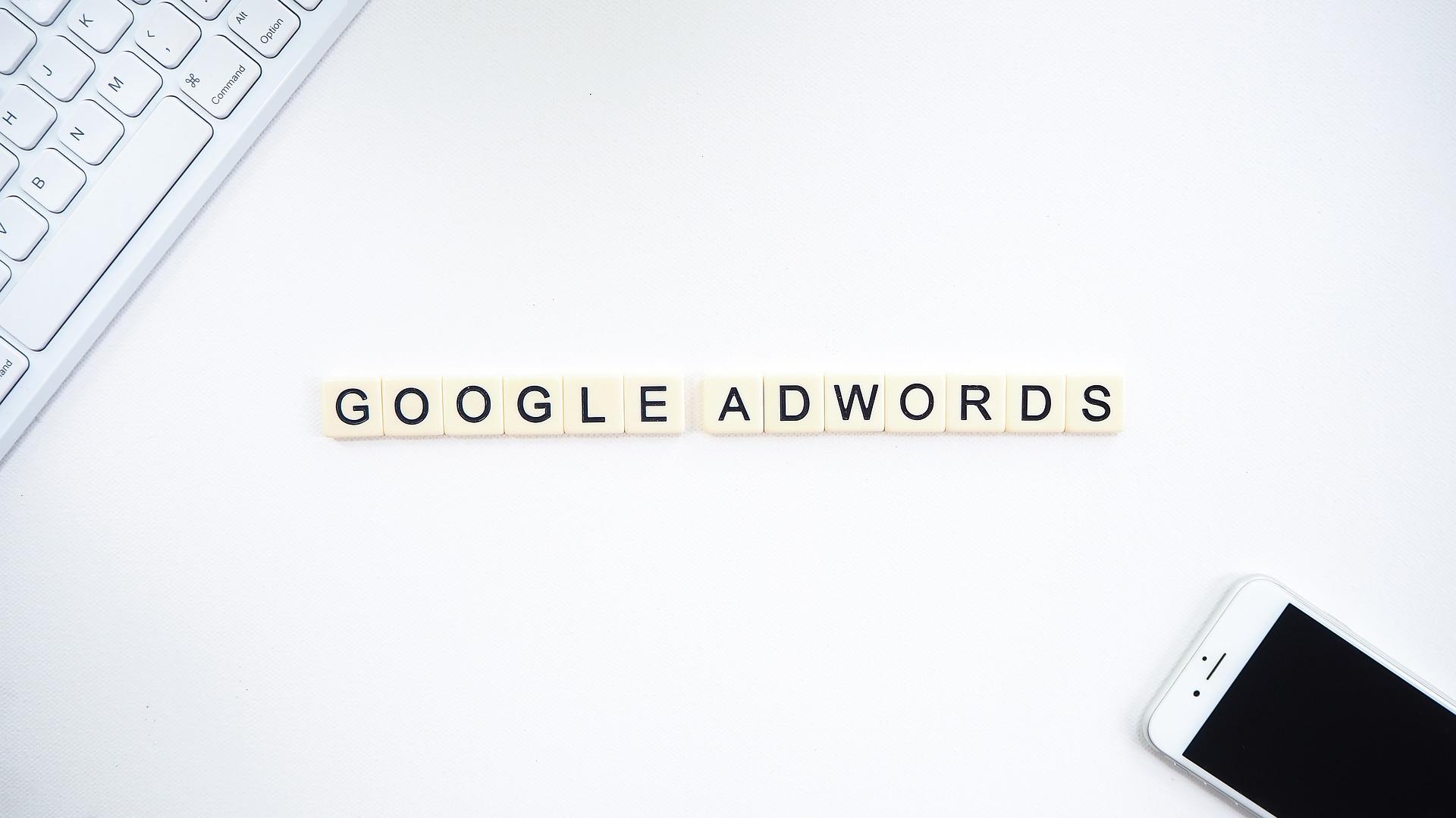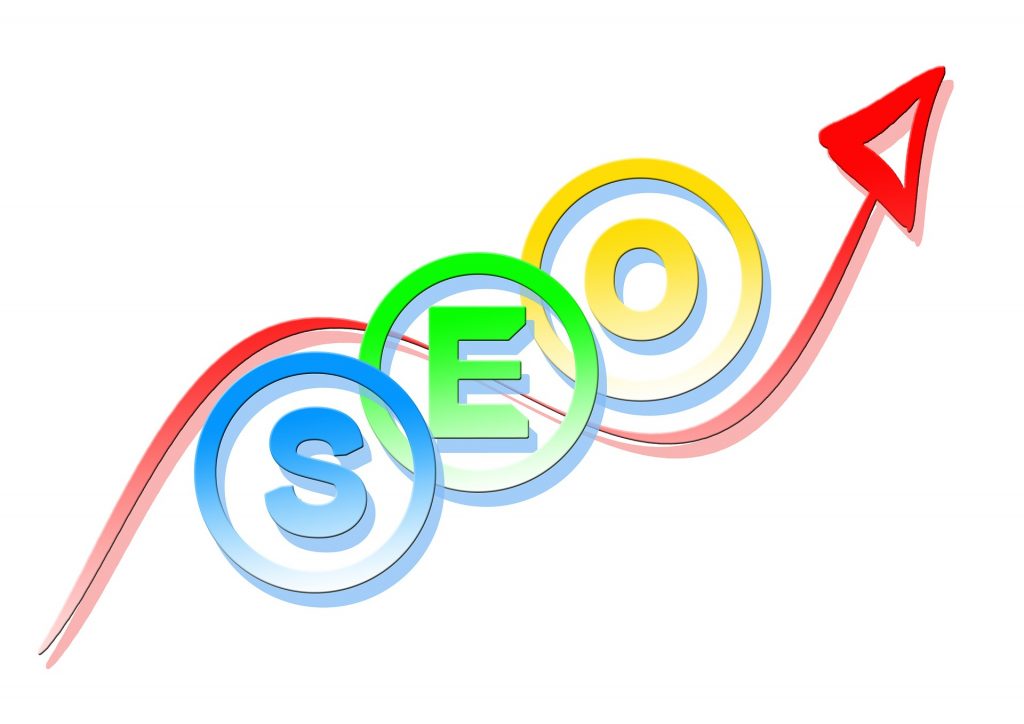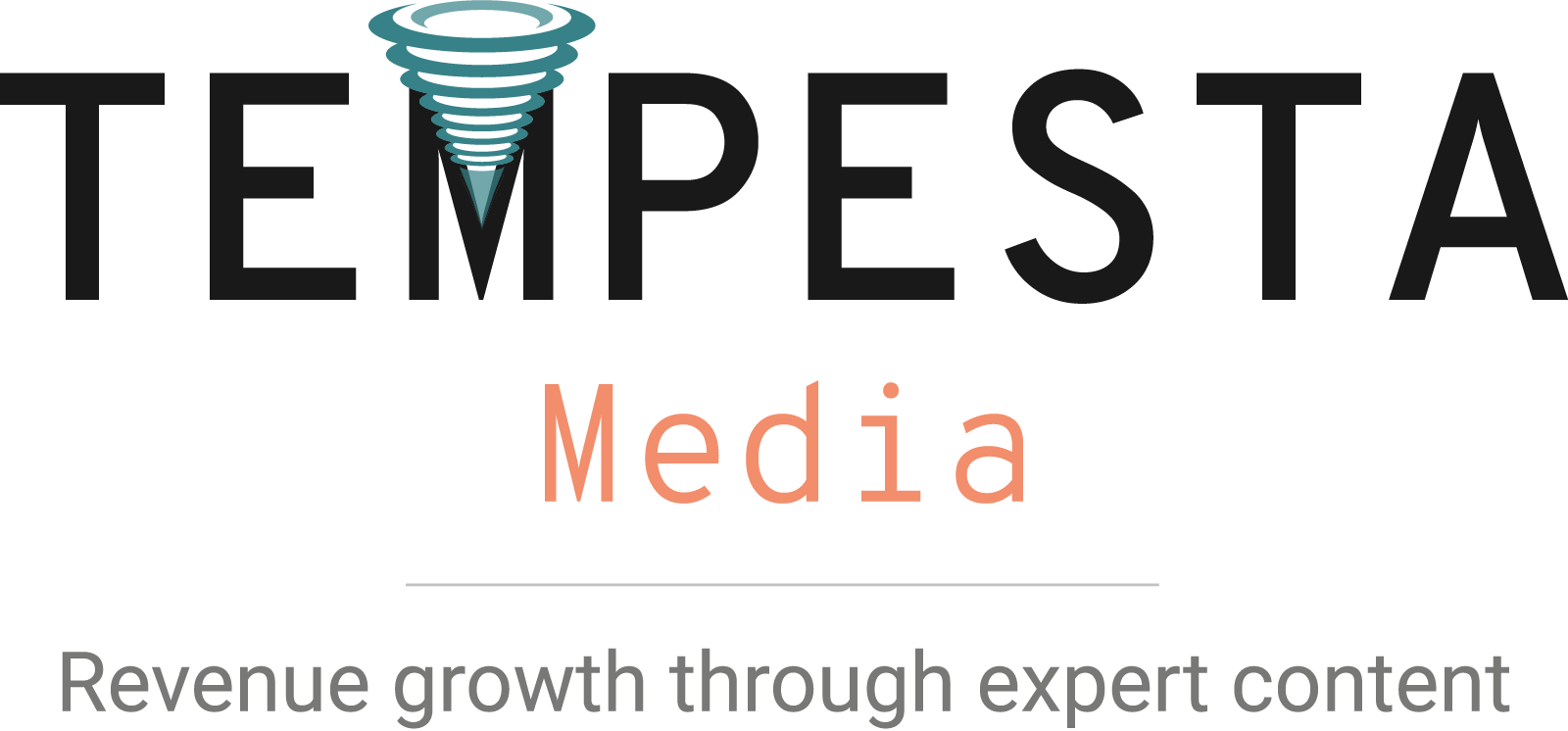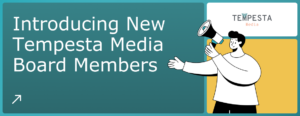Brands are facing more competition than ever to achieve visibility in search results. Marketers enhance results in an environment where every click matters by combining SEO, content marketing, and pay-per-click ad campaigns.
A successful pay-per-click (PPC) campaign requires an effective keyword-targeting strategy. By targeting the right searches, marketers can display ads to their audience at the right moment and create meaningful touchpoints that consistently result in conversions.
Google Ads (formerly Google Ads) facilitates keyword targeting by offering different keyword match types. Let’s closely examine these keyword match levels and why they all belong in your PPC strategy.
Why use Google Ads
With 85.5% of online search shares, Google continues to dominate and shape the search experience. For brands, Google Ads is a key channel that enhances visibility by displaying paid ads on search engine results pages (SERPS).
These ads also appear on other Google products, such as Maps or Shopping. Google’s Display network is another critical platform for extending your outreach and showing ads on various third-party sites, including YouTube and its 246 million users.
Experts predict steady growth for PPC spending, which could exceed $870 million by 2027. As more brands invest in paid ads, implementing a solid keyword strategy that supports awareness, visibility, and lead generation now will give you a competitive edge.
Getting started with Google Ads
Google Ads makes PPC accessible to everyone and allows you to integrate paid ads into your digital marketing strategy. Research keywords before launching your first campaign and determine which searches you want to target.
Once you have identified relevant keywords for your audience, you can set your bidding strategy and determine how much you will spend to display your ads. Google will display your ads only when you win bids. Factors like your maximum bid and the quality score of your ad can influence the ad’s position on the SERP.
To begin using Google Ads, follow these steps:
- Define a goal by heading to the Google Ads homepage.
- Select keywords list.
- Choose your target audience.
- Decide on the billing.
Targeting users based on their searches has several benefits:
- You can deliver a positive user experience by displaying valuable and relevant ads.
- Using different Google Ads keyword match types allows you to tailor your ads based on which stage of the buying journey the user is in.
- With precise bidding tools, Google Ads helps you manage costs and control your PPC budget.
- The platform also includes advanced reporting tools to track progress and adjust your PPC strategies.

Top 4 Google Ads keyword match types
Understanding the different Google Ads keyword match types will help you implement successful PPC campaigns while adapting to recent trends, such as:
- As browsers continue phasing out support for third-party cookies, marketers seek alternatives to retargeting strategies. A possible option is to focus on a more contextual approach to paid ads.
- The buying journey is becoming more complex, and user expectations keep increasing. Achieving a precise match between search intent, ad copy, and landing page content is more important than ever.
Exact match keywords
Exact matches are Google Ads keyword match types that allow tight audience targeting. It’s a simple approach to paid ads. Users who enter these terms will see your ads once you select an “exact search term” or combination of terms.
This match type gives you the highest control over your PPC campaigns. You can precisely choose who can see your ads because you’re bidding on a pool of users using exact search term queries.
Exact matches are great for capturing precise search intents. You can, for instance, focus on searches that mention a specific product or service or target searches with a clear buying intent.
The benefits of targeting your message using exact-match keywords include the following:
More clicks and higher conversation rates
Using exact matches results in highly targeted ads that drive clicks and conversions. It’s an effective way to get results and enhance the ROI of your paid ads.
Targeting an exact search means you have a precise understanding of what the user wants to accomplish and can develop relevant content for your landing page, resulting in a positive experience and higher engagement rates.
Offering a relevant experience that boosts engagement also means Google Ads will assign a high Ad Quality Score, making you more likely to win bids, meaning your ads will display more prominently.
Lower costs and better ad positions
Increasing your Ad Quality Score will improve the visibility and value of your PPC campaigns. Exact matches also give you precise control over your spending, and it’s possible to increase your ROI by targeting specific searches your competitors overlook.
Lower cost per click
Targeting exact searches reduces the amount of off-topic traffic your landing pages get. Targeted traffic has a much higher probability of converting, which helps drive your cost-per-click down.
There are a few downsides to consider:
- Exact matches can limit your audience. This keyword match type excludes variations of a query. It needs to account for the complexity of the modern search journey.
- Tight matches can create a mismatch between the user intent and the landing page content. For instance, your ads can target one portion of the query while overlooking a critical modifier.
- Some keywords are highly competitive and can be expensive to bid on.
Phrase match keywords
Phrase matches help you broaden your outreach by targeting queries with more flexibility. Once you select a phrase match, users who issue variations of the phrase will see your ads, including searches with modifiers and with a different word sequence.
Phrase matches have several benefits:
Phrase matches increase your outreach
Phrase matches allow you to target a broader range of searches without having to compile length lists of exact matches. It helps you save time and prevents you from accidentally overlooking relevant searches.
Searchers use conversational phrases
The latest search trends reveal an increase in conversational queries. Users tend to issue questions and longer keywords, making broader Google Ads keyword match types particularly relevant.
Voice assistants drive this trend, with over 40% of the U.S. population using these tools. Soon, AI-augmented search experiences could further contribute to the rise of conversational searches.
Broad match keywords
Broad matches show ads for searches that align with the meaning or intent behind a search. Google will display your ads whenever a user issues a query related to the topic you want to target.
While broad matches give you less control over who sees your ads and can increase costs, they have several benefits:
General match keywords help with awareness and outreach
Users who find themselves at the beginning of a buying journey often describe their pain points in a manner that reflects their low level of sophistication. Broad matches help you connect with these users regardless of their exact terms.
Plus, you can display your ads to users who use search terms you overlooked when identifying keywords for other match types.
Broad keywords help with content discovery and engagement
Google and other tech giants have been shaping the online experience by focusing on content discovery. Users are expecting recommendations that feel uniquely relevant and valuable.
With broad matches, you can create a memorable experience by turning a search into a touchpoint that leads users to discover something new.
Ultimately, this strategy can generate demand and help you target an audience your competitors might overlook because these users are not using the best search terms for their queries.
Negative match keywords
Combining negative matches with the above mentioned match types will help you get better ad placement. You can set negative matches at the exact, phrase, or broad level.
You can also use negative matches to exclude topics from your Google Display Ads campaigns and prevent your ads from appearing on pages that discuss unrelated topics to your ad content.
Negative matches can enhance the user experience by ensuring you’re displaying ads in a way that is contextual and appropriate.
It also gives you more control over your budget and audience. For instance, you can use negative matches to exclude false matches, location-based queries that are too far away, or queries without buying intent.
Combining different keyword match types
You can build an effective PPC campaign by combining different Google Ads keyword match types:
- Start by establishing a research-based list of keywords that consistently lead to conversions. These keywords are good candidates for exact-match campaigns.
- Identify top-performing keywords on this list and consider extending your outreach with phrase matches that could target conversational searches.
- Use a mix of phrases and broad matches to expand your outreach. Always consider the user intent and map the buying journey or develop buyer personas to understand the connection between searches and user intent.
- Leverage negative matches to control your spending and eliminate searches that have no value for you.
Go further with Dynamic Search Ads. This tool automatically targets relevant searches and generates ads based on your website content.

Get help with your Google Ads campaigns
Google Ads is a valuable tool for increasing visibility and connecting with your audience, but marketers need to understand how to implement effective strategies for targeting the right searches.
As a managed services provider, Tempesta Media can develop a highly effective and customized strategy that blends PPC, content marketing, and more.
Find out our Bullseye Effect solution drives results for organizations like yours and learn more about how we can help you get the most out of Google Ads and the different keyword match levels available on this platform.











